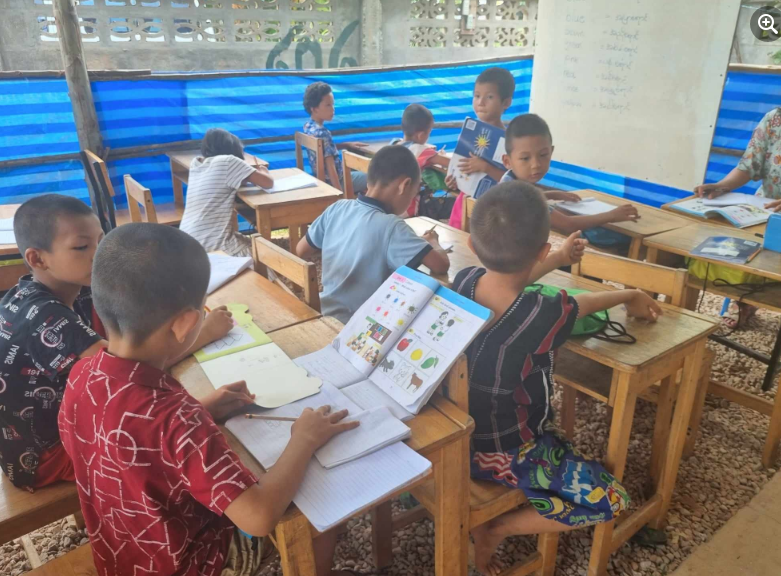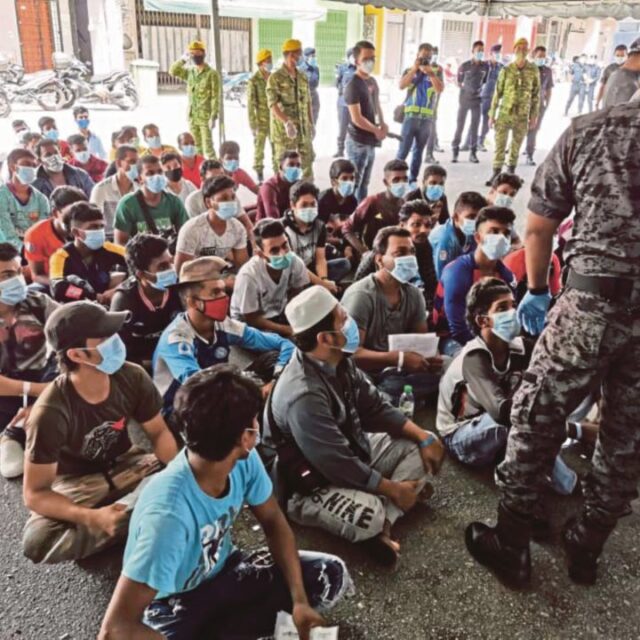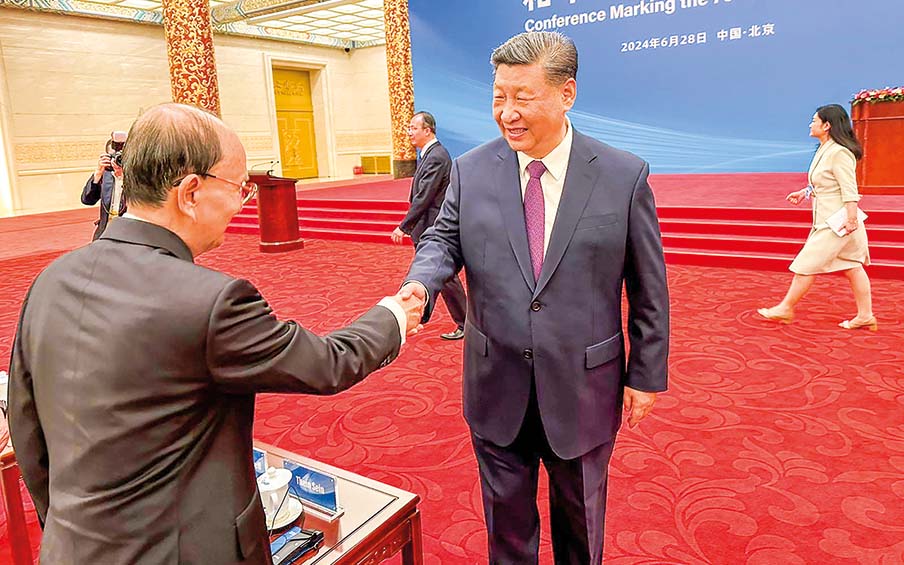Tobacco use, in various forms such as cigarettes, cigars, cheroots, and betel quid with tobacco leaves, is prevalent worldwide, yet none of these products contributes to the users’ health. The adverse effects of smoking extend beyond the smoker, impacting those exposed to secondhand smoke as well.
In Myanmar, cheroots and cigars are traditionally used, but they offer no benefits and harm both smokers and those around them. It is essential to raise awareness about the dangers of smoking in Myanmar to improve public health. Without intervention, the younger gene
Any country cannot successfully eradicate the abuse of tobacco yet. Nonetheless, they can protect most people from being free from smoking in specific areas and take action against tobacco abusers, as well as levy heavy taxes on tobacco companies and producers in order to mitigate the danger of tobacco across
the world.
ration may turn to traditional smoking products as well as newer alternatives like e-cigarettes, which pose significant health risks.
The World Health Organization has emphasized the importance of protecting children from the tobacco industry’s influence. This initiative aims to reduce the number of smokers globally, asserting the right to health and a smoke-free environment for future generations. The WHO’s fight against the tobacco epidemic includes promoting health and fitness by advocating for smoke-free lives.
In 1987, the World Health Assembly adopted Resolution WHA40.38, designating 7 April 1988 as “a world no-smoking day.” The following year, Resolution WHA42.19 established 31 May as World No Tobacco Day, an annual event to highlight the global tobacco epidemic and the preventable illnesses and deaths it causes. World No Tobacco Day aims to draw international attention to the harmful effects of tobacco and encourage efforts to combat its use.
Secondhand smoke poses a significant danger, affecting those who do not use tobacco but are involuntarily exposed to it. At least 500 million children under 15 in 21 countries are exposed to secondhand smoke, highlighting the need for protective measures. Authorities must create environments where non-smokers can avoid exposure to tobacco smoke. Implementing smoke-free policies and encouraging smoking cessation is crucial in protecting public health and ensuring a healthier future for all.
Quitting smoking and establishing smoke-free zones are essential for safeguarding the health of non-smokers and reducing the overall burden of tobacco-related diseases. The WHO’s efforts and the observance of World No Tobacco Day serve as critical reminders of the ongoing battle against tobacco use and the importance of protecting vulnerable populations, especially children, from the harmful effects of the tobacco industry.
Any country cannot successfully eradicate the abuse of tobacco yet. Nonetheless, they can protect most people from being free from smoking in specific areas and take action against tobacco abusers, as well as levy heavy taxes on tobacco companies and producers in order to mitigate the danger of tobacco across the world.












